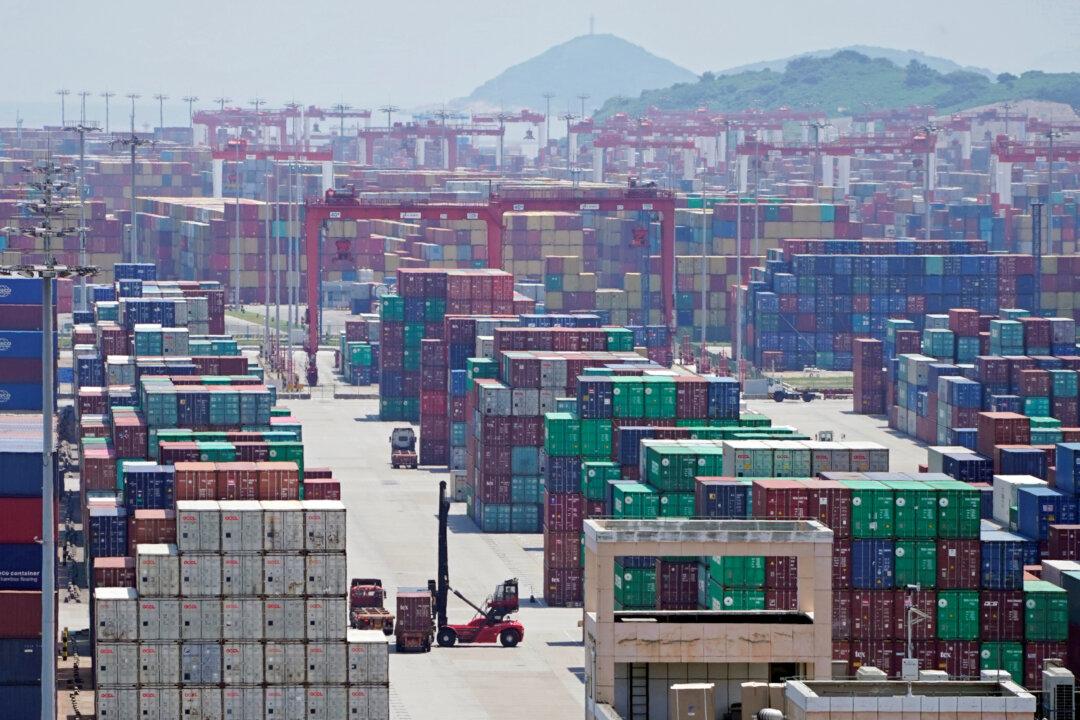WASHINGTON—The U.S. Trade Representative’s office on Aug. 28 reaffirmed President Donald Trump’s plans to impose an additional 5 percent tariff on a list of $300 billion of Chinese imports starting on Sept. 1 and Dec. 15.
The USTR said in an official notice that on Sept. 1, U.S. Customs and Border Protection agency will begin collecting a 15 percent tariff on a portion of the list that contains over $125 billion of targeted goods from China, including smartwatches, Bluetooth headphones, flat panel televisions and footwear.





